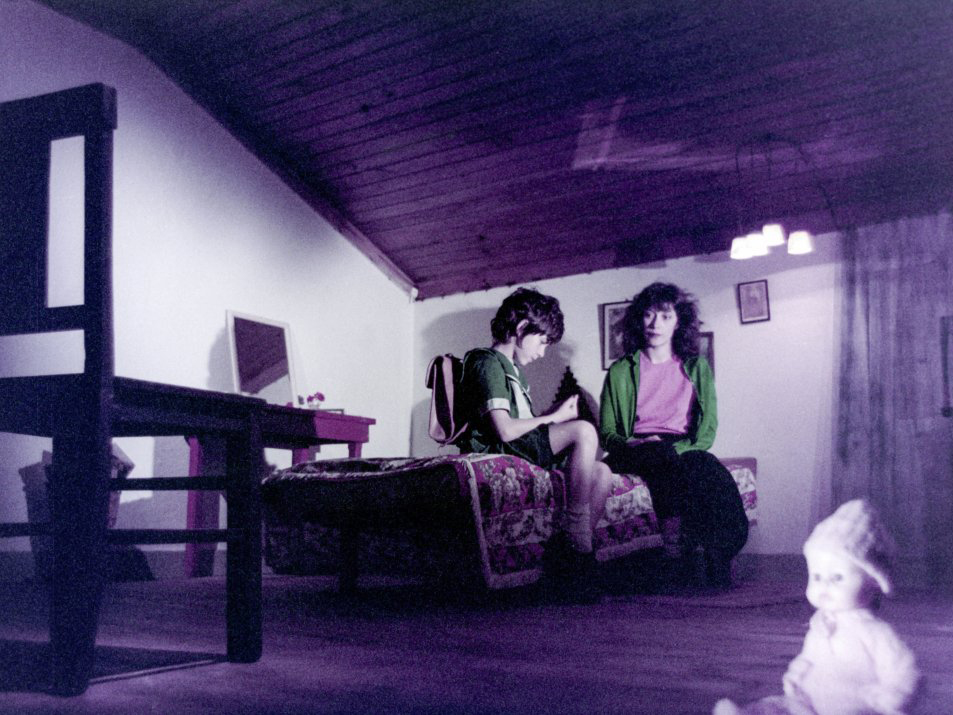Raúl Ruiz’s City of Pirates is a surrealist film that blends folk legends, poetic disorientation, children’s adventure tales, and Hollywood horror into a hypnotic, nonlinear narrative. Echoing the spirit of Buñuel, Dalí, and Breton, Ruiz weaves dream logic, absurd humour, and automatic writing into a tale of a sleepwalking virgin, a ten-year-old boy who claims to have raped and murdered his entire family, and the lone inhabitant of an island castle who shares his body with an imaginary sister. The young Isidore drifts through this eerie island landscape populated by ghostly figures, unsettling desires, and symbolic objects, driven by trances, madness, and elusive longing. Themes of child murder, incestuous yearning, and mythic doubles shape a shifting quest for identity in a world where meaning constantly slips away. Rather than offering a clear plot, Ruiz conjures an experience in which desire and meaning circle endlessly, never reaching resolution.
“There are films we’re not sure we haven’t dreamed. Perhaps those are the most beautiful. Such is this new adventure of Captain Ruiz in the land of our beliefs.” That is how Serge Daney begins his text on City of Pirates, after which he tries to grasp the many signs of the labyrinth universe into which the film transports us: the ghost of the American B-movie, Cocteau, Hammer Film Productions, John Mohune from Moonfleet, Tourneur, and so on. “All this, you might say,” Daney concludes “has a name. Yes: Seduction. But it is the form that is seductive. What remains is the content. Ruiz is not a hollow aesthete. There is substance to his stories, and I believe it to be terrible. A substance of filth and promiscuity that no poetry can ever completely silence.”
This programme is presented in collaboration with Arta Barzanji and Gerard-Jan Claes, who edited and compiled for Sabzian the issue ‘Serge Daney and the Promise of Cinema, available in English and French, featuring contributions from critics, academics, and translators from around the world.
PART OF Sabzian Events


